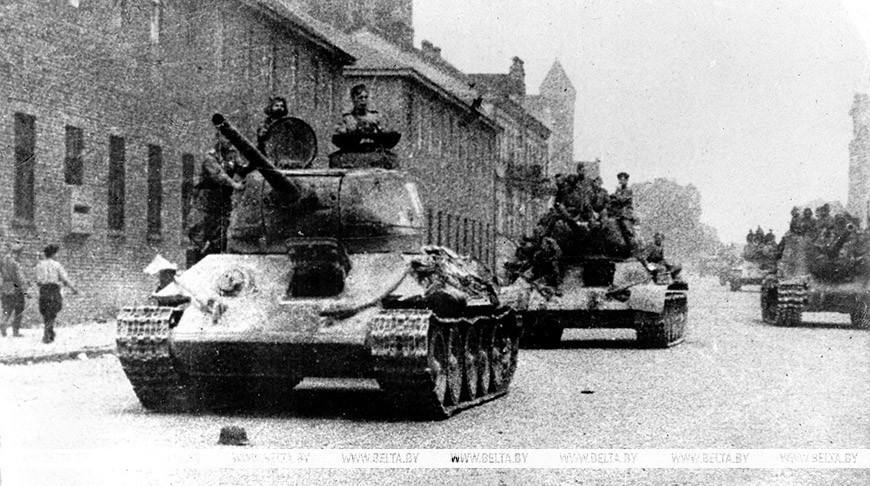
Introduction
Minsk, the capital city of Belarus, plays a critical role in the culture, politics, and economy of Eastern Europe. With a rich historical background and modern developments, Minsk has emerged as a vibrant city that reflects both its storied past and its aspirations for the future. Understanding the significance of Minsk is essential for grasping the geopolitical landscape of the region, especially in light of recent political changes and social movements.
Historical Background
Minsk has a complex history, being significantly impacted by events such as World War II and the eventual establishment of Soviet rule. The city was nearly destroyed during the war, which prompted extensive rebuilding in the post-war period, leading to the development of its characteristic Soviet architecture. Today, landmarks such as Independence Square and the National History Museum showcase Minsk’s rich heritage while embracing modernity.
Recent Developments
In recent years, Minsk has witnessed considerable political activity. The controversial 2020 presidential election led to widespread protests against President Alexander Lukashenko’s administration. These protests highlighted the citizens’ desire for democratic reforms and greater freedoms. The government’s response has drawn criticism internationally, prompting discussions about human rights and state authority in Belarus.
Cultural Significance
Minsk is not only a political hub but also a centre of culture. The city is home to numerous theatres, galleries, and museums that celebrate Belarusian art and heritage. The Minsk International Film Festival attracts global attention, while local events showcase traditional music and dance. Additionally, the city’s diverse culinary scene reflects its rich cultural tapestry, blending Eastern European flavours with international influences.
Looking Ahead
As Belarus continues to navigate its political challenges, Minsk’s role as a cultural and economic centre is likely to evolve. The ongoing calls for reform and the international community’s response will play a crucial part in shaping the future of this vibrant city. Furthermore, Minsk’s strategic position in Europe remains significant for trade and diplomatic relations.
Conclusion
Minsk is more than just the capital of Belarus; it stands as a testament to the country’s history and a beacon of its cultural identity. For global observers, understanding Minsk’s importance is vital in comprehending the broader dynamics at play in Eastern Europe. As the situation continues to unfold, Minsk will undoubtedly remain in the spotlight for both its challenges and its potential.
You may also like

Exploring East Grinstead: History and Attractions

Exploring the Wonders of Isla Cangrejo in Tenerife
